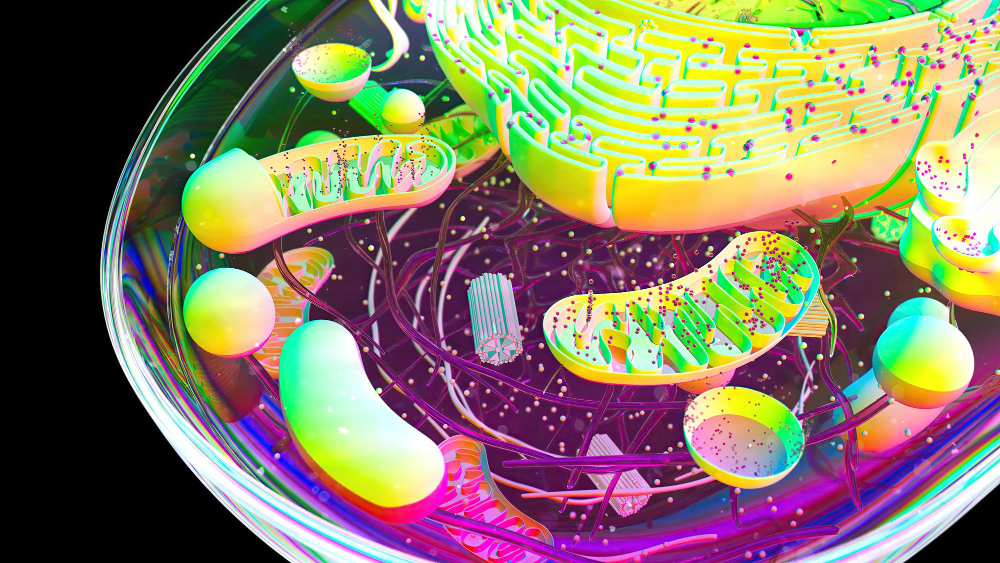
What Activities Should Be Avoided After Cataract Surgery
Cataract surgery is a common and highly successful procedure for restoring vision impaired by clouding of the eye’s natural lens. While the surgery itself is relatively quick and minimally invasive, it’s essential to take precautions during the recovery period to ensure optimal healing and outcomes. Certain activities should be avoided to prevent complications and promote a smooth recovery process.
Give Your Eyes a Break
In the immediate aftermath of cataract surgery, it’s crucial to avoid any strenuous physical activities that could increase intraocular pressure or strain the eyes. Activities such as heavy lifting, bending over, or engaging in intense exercise should be postponed until your eye doctor gives you the green light. Elevating intraocular pressure could potentially lead to complications such as increased inflammation or even dislocation of the intraocular lens implanted during surgery.
Handle with Care
Post-cataract surgery, your eyes are particularly vulnerable to irritation and infection. Rubbing or touching the eyes, even inadvertently, can introduce bacteria or irritants that may interfere with the healing process. It’s essential to resist the urge to rub your eyes, no matter how itchy or uncomfortable they may feel. If you experience any discomfort or foreign body sensation, consult your eye doctor for appropriate management.
Safety First
In the immediate aftermath of cataract surgery, your vision may be temporarily impaired as your eyes adjust to the new intraocular lens. Depth perception and visual acuity may be compromised, making activities such as driving or operating heavy machinery unsafe. It’s advisable to arrange for alternative transportation or enlist the help of a friend or family member to assist with tasks that require clear vision until your eye doctor confirms that it’s safe to resume these activities.
Keep Your Eyes Dry
While swimming can be a refreshing form of exercise, it’s best to avoid immersing your eyes in water for a specified period following cataract surgery. Water from pools, hot tubs, or natural bodies of water may contain bacteria or other pathogens that could lead to infection. Additionally, exposure to chlorinated or salty water may cause irritation or discomfort to the eyes, delaying the healing process. Consult your eye doctor for guidance on when it’s safe to resume swimming and water-related activities.
Shield and Protect
After cataract surgery, your eyes may be more sensitive to environmental irritants such as dust, smoke, or strong chemicals. Exposure to these irritants can cause discomfort, redness, and inflammation, potentially complicating the healing process. Wear protective eyewear, such as sunglasses or goggles, when venturing outdoors or engaging in activities where exposure to irritants is likely. Keeping your eyes shielded and protected can help minimize the risk of complications and promote faster healing.
Proceed with Caution
While it may be tempting to resume your normal beauty routine after cataract surgery, it’s essential to exercise caution when applying eye makeup. Avoid applying makeup directly to the eyes or eyelids until your eye doctor gives you the go-ahead, as this could introduce bacteria or irritants that may lead to infection or inflammation. Choose hypoallergenic and fragrance-free products, and use clean brushes or applicators to minimize the risk of contamination.
Safeguarding Your Vision
Cataract surgery can dramatically improve vision and quality of life, but it’s essential to take precautions during the recovery period to ensure optimal outcomes. By avoiding strenuous physical activities, refraining from rubbing or touching the eyes, and steering clear of activities that could compromise eye safety or introduce irritants, you can safeguard your vision and promote a smooth recovery process. Consult your eye doctor for personalized recommendations tailored to your specific needs and circumstances, and remember to prioritize your eye health every step of the way.


